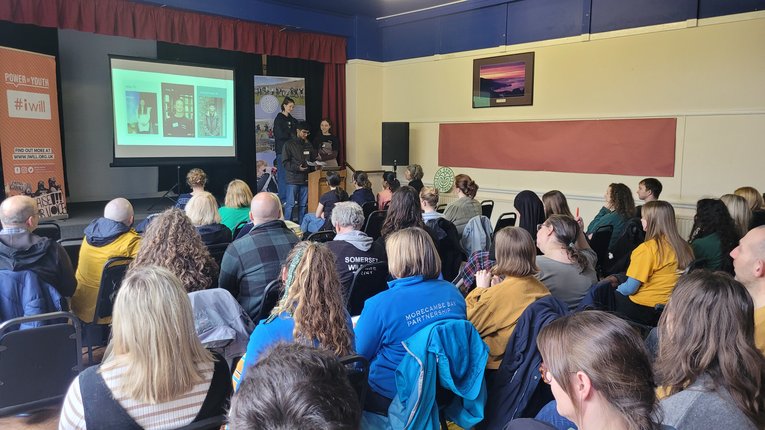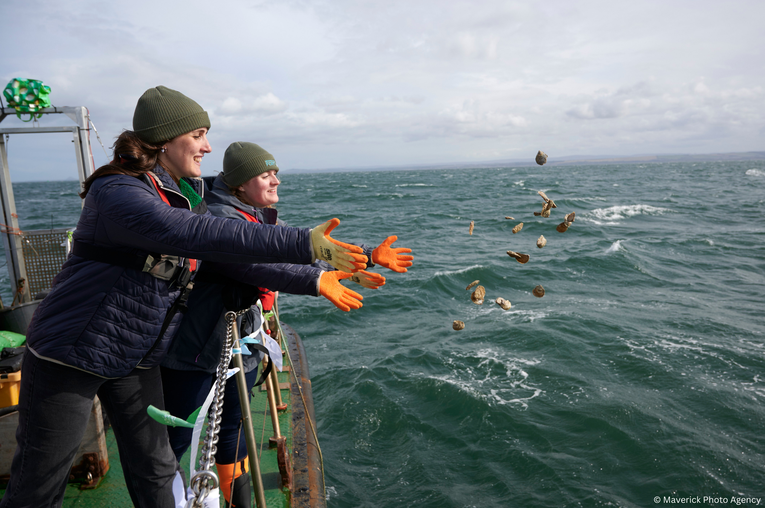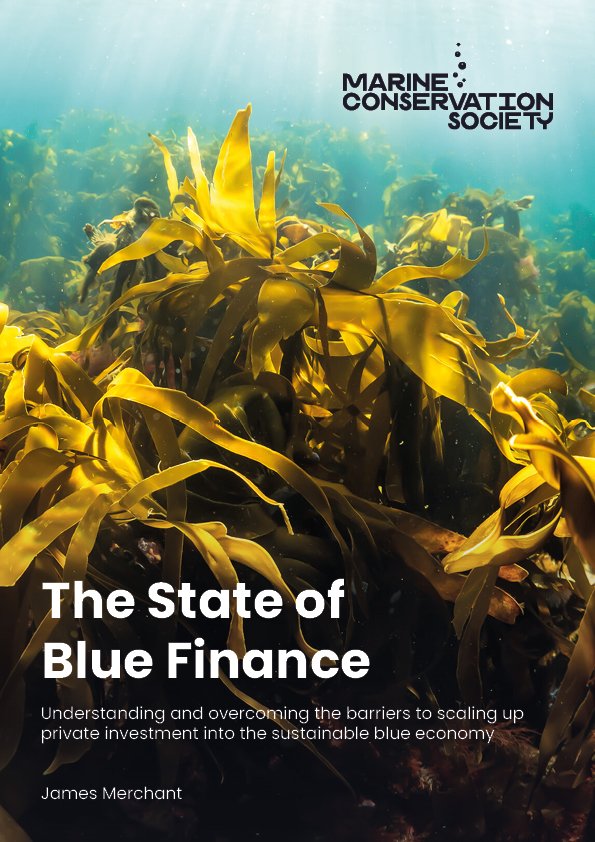
Exploring the State of Blue Finance
As we continue to build upon our blue finance work, we explore the barriers and solutions to progressing an economy that delivers economic and social progress through ocean recovery.
The ocean supports all life on Earth, keeping our climate stable, regulating the weather, providing us with food and water, and helping to protect us from the impacts of increasing carbon emissions.
Despite this, our economic and financial decision making rarely considers the ocean; this needs to change. The economy shapes our relationship with the world, so we need it to remain sustainable for our own survival. As our world continues to change at quickening speed, we need a financial and economic system that can adapt with it.
This means shifting towards a sustainable blue economy – one that protects and enhances our life-supporting ocean rather than depletes it. However, protecting and restoring our seas requires finance; and the biggest pool of finance globally is private capital.
So how do we tap into this big blue pool of private capital? For the past two years we’ve been speaking with financiers and blue economy experts to answer this. We’ve looked at the current barriers to advancing blue finance, but also some of the solutions and the part that we can play in that.

Seagrass plays an important role in absorbing and storing carbon, which can help us battle the climate crisis.
Credit: Heather Hamilton
Many of the barriers to blue finance are linked in some way to ocean literacy, which is understanding our influence on the ocean, and its influence on us. Financial institutions are not ocean experts. There is a lack of understanding about ocean issues, data is not easily available to translate ocean themes to financial themes, and it takes time to measure changes to the ocean. This makes it unclear for financiers to determine where the risks are or where finance should be flowing towards.
This, along with the lack of ocean-related investment opportunities that offer the size and scale of financial returns to attract institutional investors, has led to hesitancy and a big finance gap for ocean health.

Improving ocean literacy can help raise awareness and understanding about ocean issues
Credit: Katie Macfarlane
These challenges are not insurmountable; the solutions are there, just not always in the hands of those who need them. Collaboration is therefore key to accelerating progress. Through knowledge sharing and open communication, we can strengthen both ocean and financial literacy. This means that financiers can better understand ocean issues, and project developers can design projects with financial viability in mind. We can also remove data bottlenecks so performance of blue finance investments can be measured, and capital redirected from negative impacts towards regenerative ocean activities.
Speaking the right language is crucial. At times, that means keeping it simple; at others, it means speaking to the motivations of those we want to influence, whether that’s addressing risks or making a financial business case. It makes financial and economic sense to act on ocean issues, so expressing that in relatable terms will help the finance sector to clearly see where the risks and opportunities are.
Governments can play an important role in removing barriers to investment, such as policies and regulations on key threats to the marine environment, using public finance to scale up investable prospects, and boosting the confidence of those looking to invest in the blue economy.

A restoration project team deploying native oysters into the Firth of Forth
Credit: Maverick Photo Agency



